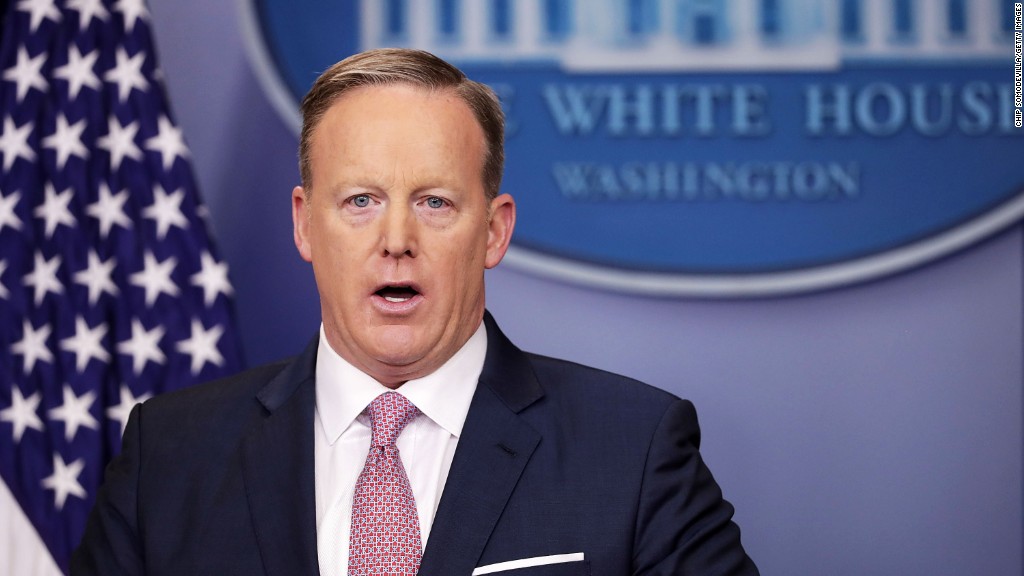
For many Republican lawmakers, business leaders and ordinary voters, having Donald Trump in the White House would mean a quick route to tax reform and tax cuts.
While both are still likely, the process for getting there might not be quite as fast, as seamless or as bold as the most ardent advocates had hoped.
The reason: The Senate Finance Committee, which prefers to be very deliberative and bipartisan when signing off on big reforms. The committee, chaired by Senator Orrin Hatch, has yet to offer its own reform proposal. Nor has it weighed in meaningfully yet on either the House Republicans' blueprint for tax reform or on Trump's various tax proposals.
Hatch told the U.S. Chamber of Commerce on Wednesday that while Republicans agree on the "fundamental issues and principles" for tax reform, there are questions about "detail and design" that have to be worked through.
Translation: Hold up. We'll get there eventually, but it'll take some time.
Related: A guide to the border adjustment tax
"This is a very large and complicated process. There are many stakeholders and constituencies. And all of them should be considered," a former Hill staffer said.
For instance, Hatch and fellow senators have big questions about the House-proposed border adjustment tax, which would radically change how the U.S. government taxes imports and exports.
"To what extent will it be borne by consumers, workers, shareholders, and foreigners? ... Is [it] consistent with our international trade obligations? ... Would adjustments need to be made to ensure we're not unduly increasing the tax burden on specific industries?" Hatch asked.
There aren't clear answers yet, in part because it's never been tried before.
But those who fear they will be the losers are already gearing up for a fight.
On Wednesday, for instance, a new coalition of retail trade associations called Americans for Affordable Products said it would run "a national campaign to ... show lawmakers that pursuing tax policy that will result in higher costs for their customers on everyday items ... is the wrong approach."
The politics of passage are also different in the Senate than in the House. Hatch noted Republicans only have a slim majority of 52 votes. And some Republican senators have already expressed "serious reservations about border adjustability." So if House Republicans choose a legislative maneuver that would only require a simple majority to pass tax reform, that still might not guarantee passage in the Senate.
"My preference would be to find a bipartisan path forward. Historically speaking, that's what's worked best," Hatch said.
Another factor likely to slow down the timeline for tax reform? The fact that there's no bill written in either the House or the Senate yet.
"It will take a very long time to draft a bill, and get feedback," said another former Hill staffer.
Any thought that tax reform could pass by this summer is probably very unrealistic.
"The markets have been too impatient on this. Now it's clear that they'll have to wait until the fall or later before a bill is finished," said Greg Valliere, chief global strategist at Horizon Investments.
How much later? Hill veteran and budget expert Bill Hoagland of the Bipartisan Policy Center wouldn't be surprised if lawmakers don't get a bill to President Trump's desk until 2018.


